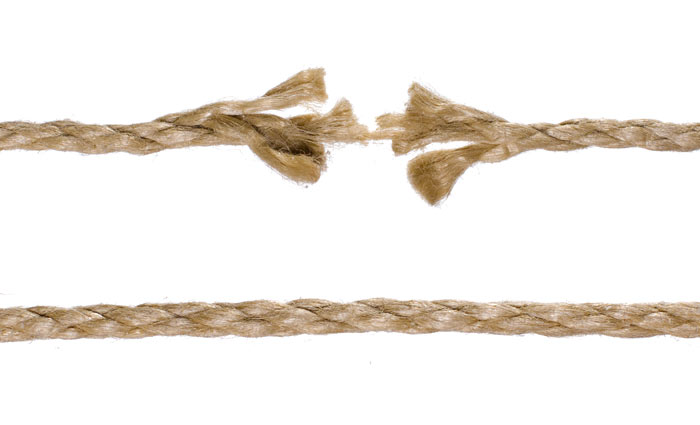

The recent horror period the printing industry in Australia and New Zealand has experienced over the past few months was hardly a surprise to anyone in the industry. Seeing Geon collapse has been made even messier by the events that have followed. It could be argued that the demise of Geon also marked the loss of trust in the industry and a divide between suppliers and printers.
For a long time, various businesses have referred to themselves as ‘banks’ for the trade. Printers carrying slow-paying clients. Paper companies and ink manufacturers holding big debts with printing firms. The thread had to be broken and new rules of engagement set. Even back in Gutenberg’s days in the 15th century, the industry saw itself as a bank for the client. Gutenberg found a solution in marrying his banker’s daughter in order to stave off financial ruin, although the marriage didn’t prevent that in the end. Gutenberg went bust producing his first job: the Gutenberg Bibles. The Bibles were finished without Gutenberg’s involvement and so his name could not appear on what would be the most important printed work ever produced.
One significant issue that was evident in the Geon demise was the erosion of social capital and the trust that existed between the management and the people who worked the machinery for the company. In asking workers to accept a wage freeze or a wage reduction, there needs to be a quid pro quo, something given in return of equivalent value. Unfortunately in this case that did not seem to eventuate. Asking for staff to take a reduced income should only be responsibly done as a strategy to return the business to profitability, not to delay the inevitable. It would seem that in accepting a reduction in income, the management was offering some suggestion that the business could and would survive. If any business is not able to survive on the industry norms for labour costs then surely it cannot survive at all. Likewise, if a company cannot afford the cost of material inputs, it means a business is not viable.
The unfortunate fact of economic reality is sometimes firms do go out of business. Where they were once profitable, they can become fat and less nimble over time. Customers can be difficult, slow paying and less loyal than firms would like. But that is the unfortunate nature of business. When a firm fails, it creates opportunities for others to buy the various resources at a significant discount and restart the business with a lower cost base. But the cost base needs to be based on real costs that exist in the market, not artificial costs that are constructed for short-term advantages.
The alternative to wage reductions and freezes is the difficult choice of having to reduce staff levels and let go of good people. This makes the company smaller in capacity, reducing the ability get high-volume work done. If a firm needs a large number of people to do work, but they are unable to pay them industry norms then it is likely that the work has been won at such low values as to be almost unprofitable. This highlights a key problem facing general industry across the world. Many firms are not comfortable saying no to customers.
Highly regarded Harvard economist Michael Porter once said the best business strategy is to make sure you first fill up your competitor’s equipment capacity before you fill up your own. They can have the low-cost, low-profit work, leaving the best for the rest. The trouble is it can’t last too long.
Phillip Lawrence is a PhD scholar, consultant and speaker who specialises in print and the environment
Comment below to have your say on this story.
If you have a news story or tip-off, get in touch at editorial@sprinter.com.au.
Sign up to the Sprinter newsletter
